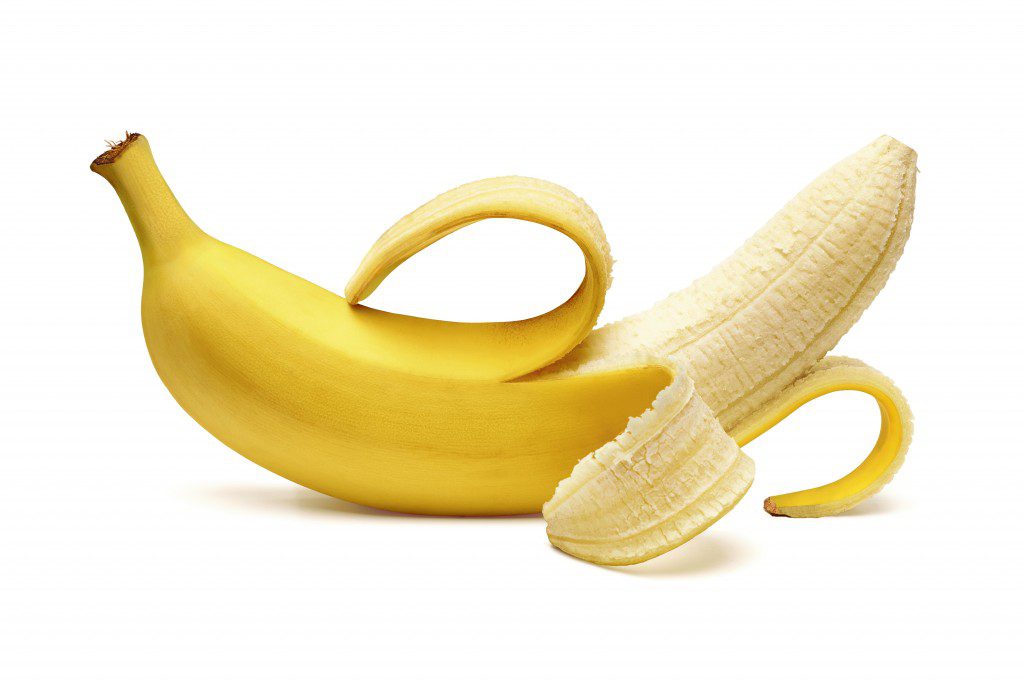Paleo
The most searched diet term in 2013 according to Google, the Paleo diet has gained a significant following in recent years, especially among the CrossFit crowd.
The premise of Paleo is that, in theory, by eating like our prehistoric ancestors – hunters and gatherers, not farmers – we will be leaner and less likely to develop diabetes, heart disease, cancer and other health problems.
“I always say that one man’s meat is another man’s poison,” says Suzanne Forsberg, LD/RD and certified diabetes educator with St. John Healthy Lifestyles. “These diets that eliminate food groups becomes a personal thing, almost like a food philosophy. If you really believe in something, you’re going to do it, and it can do good for you.”
By consuming lots of fresh produce and lean animal protein while avoiding sugar, grains, legumes and dairy, Paleo is a high-fiber, high-protein diet.
When eliminating dairy and grains, there is a risk for missing out on certain nutrients, and if you’re not careful about making lean meat choices, an increased risk for heart problems can arise; but with careful meal planning, mindful eating (such as choosing lean chicken and fish instead of fatty steaks or ground beef, for example) and allowances within the diet, Paleo has the potential to be healthy and sustainable.
“If people do the paleo diet right, it can be healthy,” says Forsberg.
Vegan
Beyond the glamour of high-profile celebrities who advocate veganism, a vegan diet is more of a lifestyle choice based on personal ethics than a diet.
Most often there are moral and religious reasons behind a person’s choice to adopt the vegan way, in addition to nutritional purposes. But, as with anything shown to aide in weight loss, the vegan diet is commonly attempted for that purpose alone.
Like vegetarians, vegans eliminate meat, fish and poultry, but take it a step further by excluding all animal products completely, including dairy, eggs and honey.
A well-balanced, well-planned vegan diet can be very healthy, but without a thorough understanding of plant-based nutrition, veganism has the potential to be dangerous if not carried out carefully.
“It’s possible, but difficult, to get all of the nutrients you need to sustain a healthy diet with a vegan lifestyle, and that’s where the problem lies. It requires a substantial amount of meal planning to do it the right way,” says Jackie Abels, clinical dietitian at Saint Francis Hospital. “Proper supplements may also be needed, particularly vitamin B12, which you can only get from animal products. A B12 deficiency can cause long-term [or] permanent nerve damage, and that’s what can happen with a vegan diet. It’s very serious.”
Gluten-free
You can’t swing a shopping cart in a grocery store without hitting food products that proclaim to be “gluten-free,” but don’t let the oversaturated market fool you.
A true gluten-free diet excludes the gluten protein, which is found in grains such as wheat, barley, rye and triticale (a cross between wheat and rye) and is meant to treat people with the autoimmune disorder celiac disease. Those who suffer from celiac disease cannot process gluten properly in their small intestines, and serious issues and complications can arise within their digestive systems.
Gluten-free doesn’t automatically mean low-calorie or healthy; in fact, gluten-free foods are not only more expensive, they can be full of unnecessary additional calories and sugars to make up for taste and texture where gluten products are swapped.
“If you’re truly celiac, you need to eat [gluten-free]; if not, there’s no reason to eat gluten-free,” says Forsberg. “[A gluten-free diet] can be high glycemic. With gluten-free cookies, cakes and crackers…just because it’s gluten-free does not mean it’s healthy.
“Gluten-free is so easy if you shop the perimeter of the grocery store,” adds Forsberg. “Fresh fruits, vegetables, meats that are not tampered with…It’s very easy to eat gluten-free.”
According to the National Foundation for Celiac Awareness, only one percent of the U.S. population suffers from celiac disease, and although some people may have a non-celiac gluten sensitivity – gastrointestinal bloating, cramping, headaches or other discomfort after eating foods that contain gluten – most people do not have to worry about gluten and are advised to continue to eat whole grains as part of a balanced diet.
Fasting
A part of numerous religious ceremonies and used to cleanse the body by cultures everywhere, fasting has been around for thousands of years. In contemporary times, fasting is often used for weight loss.
“Fasting by not having any calorie intake (for weight loss) is silly,” says Forsberg. Instead, she recommends reducing calorie intake to around 800 for one day, up to once a week. “You can get the same benefits from having an 800-calorie day once in a while. It can reset (your body) and makes you realize, ‘I don’t have to eat that much.’”
However, Forsberg says that improper fasting does have health consequences.
“Improper fasting can cause liver damage and may alter metabolism,” she says. “One day (of fasting) isn’t going to hurt, but be careful the next day not to go nuts, because that’s the biggest problem; it’s hard on your system.
“People with diseases, such as diabetes, that need to follow specific diets should be careful [when fasting], especially with medicine,” Forsberg adds.























